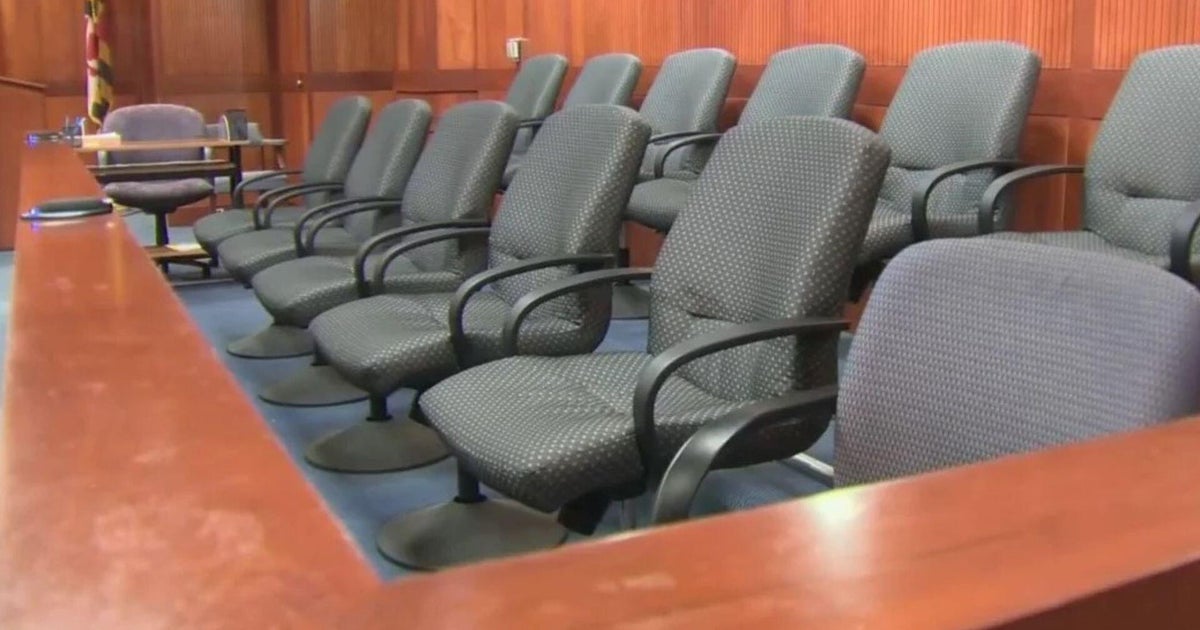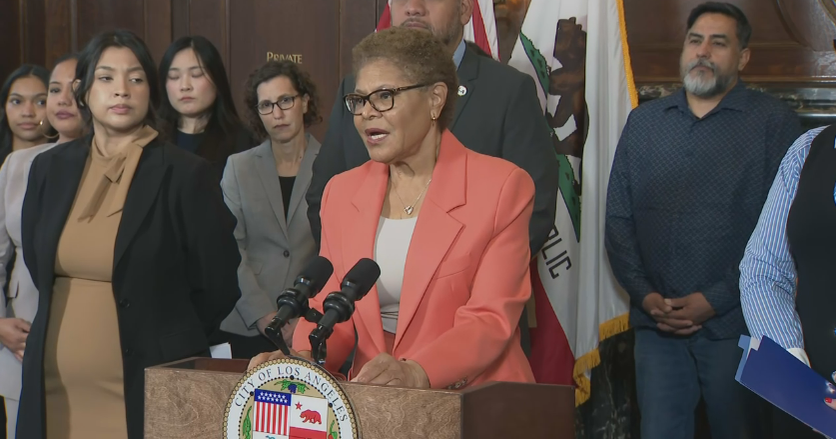Unconventional Methods Believed To Help Coma Patients Awaken
BALTIMORE (WJZ) -- Awakening from a coma is often seen as a miracle. But in some specialized programs here in Maryland, miracles seem to happen more often.
Mary Bubala shows how unorthodox therapies in "awakening centers" are bringing people back to life.
Nathan Krasnopoler, a 20-year-old Johns Hopkins student, was struck while riding his bike in Charles Village. He has been in a coma for four months.
Doctors told his family he may never come out of it.
"He's showing a few signs of movement, but he's not doing purposeful movement," said Mitchell Krasnopoler, Nathan's dad.
A baseball fan beaten into a coma at a Dodgers game still lies in a hospital. His family is waiting, while his future seems uncertain.
Terri Storms of Howard County heard devastating news about her son, Andrew Parrott. He had slipped into a deep coma after a drug overdose.
The doctors said it did not look good at all.
"It looked bad, really bad, 72 hours and we didn't expect him to make it," said Storms.
After many long days, Storms kept a positive outlook.
"We just decided that we would never leave him. No matter what we were going to get out of this coma, we were going to embrace him and bring him home. He was ours," said Storms.
The weeks passed, then Andrew started moving in a way doctors thought he may have a chance of emerging from the coma.
"Keep fighting, keep fighting because it was tough, it was tough," said Storms.
Andrew was transferred to the Coma Emergence Program at Levindale, where he was stimulated with sounds, smells, touch and movement. His mom was encouraged to talk to him.
"If he could possibly hear us, we wanted him to know that we loved him," she said.
After three months Andrew opened his eyes. It was a moment Storms will never forget.
Doctors don't know for certain what caused Andrew to emerge from his coma, but Levindale's program uses unconventional methods.
"I know a family member really liked Old Bay. They liked crabs so they waved Old Bay seasoning under their nose to illicit some response," said Amy Liu, Specialty Hospital at Levindale.
The family of Brian Stow, the baseball fan beaten into a coma outside Dodgers Stadium, says they are also seeing some hope with this type of therapy. They say if people touch him or play music, his mouth will move.
Maybe, just maybe, he could emerge to live a new life.
A year after being in a deep coma, Andrew Parrott is doing well. He is now running three miles a day and he's convinced it was the intense therapy and hearing his family's words of encouragement that brought him back.
"Just the fact that she never left me was really amazing. It blows my mind, the love of a mother," said Parrott.
"Don't ever give up, never, there is a higher power above us that takes over and, as a mother, I wouldn't give up," said Storms.
The family of Johns Hopkins student Nathan Krasnopoler hit while riding his bike is hopeful he will one day be a candidate for a Coma Emergence Program like Levindale's.







